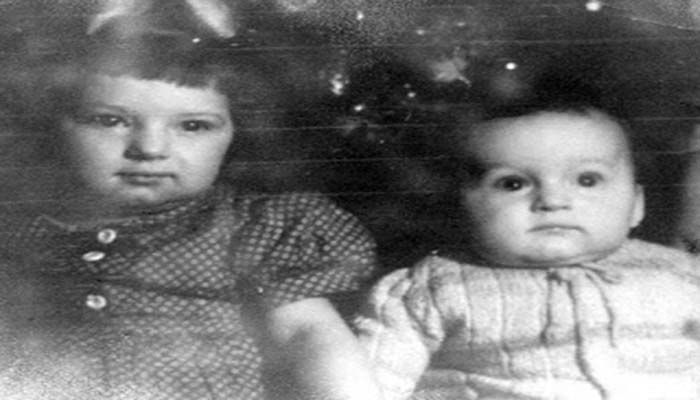
Desk Report
Publish: 23 Sep 2020, 05:28 pm

Hope is Our Mother
A question I get often about my Polish parents is what kept them going during the war and after the war.
I think part of the answer is that they were both people who believed in hope.
So what's hope?
Hope for me is tied up with family and friends, people. Hope for me is a wish. I hope that all of our lives get better, that war and plague and cruelty somehow get pushed further and further back, that we discover that we don't have to kill each other to be happy.
My parents were two of the greatest optimists I ever knew. They knew death and misery inside out, but they also knew hope. They had experienced sorrow and trials like I can’t imagine, not only during the war but after. After spending almost a decade as slave laborers and refugees, hey come to a country where they didn’t know anyone, didn’t know the language, didn’t know anything. They had to build new lives for themselves and for my sister and me.
And they kept going, sure that things would somehow get better.
I recently had a discussion with a friend whose parents were also in the camps, and we talked about whether or not we would have what it took to survive, and she said that she would have just given up, given in to the misery and laid down and let the Germans kill her.
I don't believe her. I don’t think she would give up. From what I've seen, most people don't give up. Maybe some do, but the majority don't.
I once talked about this with my mother. I asked her about hope and what kept people like her and my dad going. My mom looked at me and said, ''Optimism is a crazy man’s mother.''
It's a profound statement, I think. And it gets at the heart of her understanding of hope.
At the very end of her life, after two major surgeries for cancer, decades of heart problems, and arthritis that had left her crippled, she had a stroke after a gall bladder operation that paralyzed her almost completely. She couldn’t move her hands or feet, could barely speak. The doctors didn’t think she could recover from this, and I told her that, and I asked her if she wanted to be taken off her life support. Forcing her lips and tongue to move, she said, ''No.''
I wrote a poem about this kind of hope for my book Echoes of Tattered Tongues, the hope my mom and dad had. It’s called ''My People.'' Recently, I wrote a poem called "Hope." It follows "My People."
My People
My people were all poor people,
the ones who survived to look
in my eyes and touch my fingers
and those who didn't, dying instead
of fever, hunger, or even a bullet
in the face, dying may be thinking
of how their deaths were balanced
by my birth or one of the other
stories the poor tell themselves
to give themselves the strength
to crawl out of their own graves.
Not all of them had this strength
but enough did, so that I'm here
and you’re here reading this poem
about them. What kept them going?
Maybe something in the souls
of people who start with nothing
and end with nothing, and in between
live from one handful of nothing
to the next handful of nothing.
They keep going — through the terror
in the snow and the misery
in the rain — till some guy pierces
their stomachs with a bayonet
or some sickness grips them, and still
they keep going, even when there
aren’t any rungs on the ladder
even when there aren’t any ladders.
Hope
Hope is kind.
Hope is a door and a window.
Hope is the silly neighbor child we ignore when we are children ourselves.
Hope is the lesson learned too late.
Hope is Friday and Sunday morning.
Hope is a train going so fast that not even time can catch it.
Hope is the brother of sorrow, the sister of grief.
Hope is soft cows in a distant pasture of grass.
Hope is our mother.
John Guzlowski
Writer and poet
Subscribe Shampratik Deshkal Youtube Channel
Topic : Arts and Culture Literature
© 2024 Shampratik Deshkal All Rights Reserved. Design & Developed By Root Soft Bangladesh